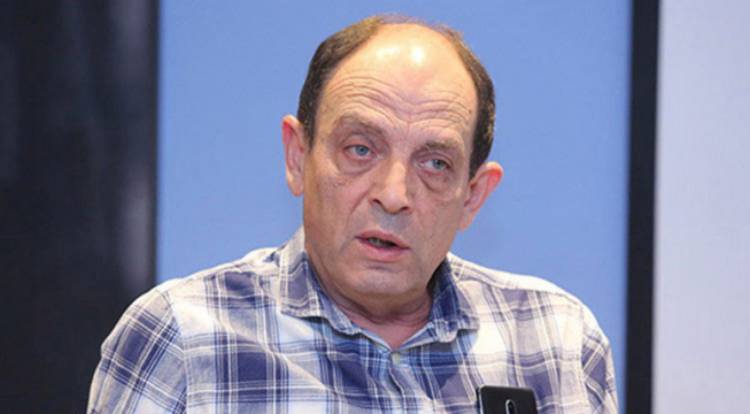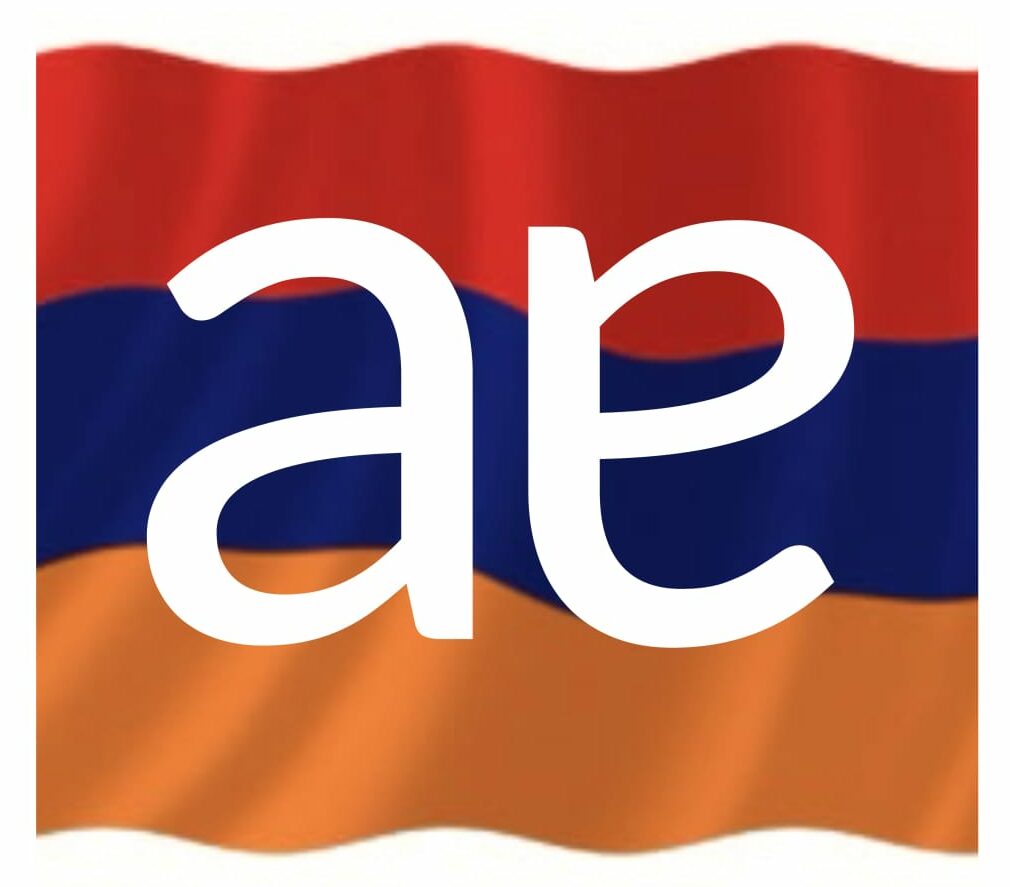
In a thought-provoking interview with “Hraparak,” human rights defender Avetik Ishkhanyan provides a profound analysis of Armenia’s recent conflicts, particularly highlighting the implications of Prime Minister Nikol Pashinyan’s decisions during the 2020 war. Ishkhanyan cites former Iranian Foreign Minister Mohammad Javad Zarif, who revealed in his memoirs that Armenia’s leadership rejected Iran’s proposal to effectively navigate the war. This rejection resonates with similar claims made by Russian President Vladimir Putin, suggesting a coordinated effort between regional powers to mediate the conflict. The fundamental question arises: did Pashinyan deliberately steer Armenia towards defeat?
Ishkhanyan elucidates that the 2020 war was not a spontaneous eruption but a prearranged conflict, indicating complicity between Azerbaijani President Ilham Aliyev and Pashinyan. This claim is underscored by the fact that both Putin and Zarif sought to halt the fighting. Alarmingly, merely four days into the conflict, Armenia’s Chief of Staff, Onik Gasparyan, proposed a ceasefire due to concerns over the sustainability of military resources. Pashinyan’s response was to lash out at Gasparyan, labeling him a “Russian spy.” This reaction raises critical questions about the leadership dynamics and decision-making processes within the Armenian military during a crucial period of warfare.
Pashinyan’s assertions that Armenia would never acknowledge defeat reflect a troubling willingness to sacrifice lives to avoid the stigma of treachery. Ishkhanyan interprets these statements as indicative of a deeper duplicity in Pashinyan’s character, suggesting that his ambitions for power lead him to align with foreign adversaries. This alignment serves to undermine Russian influence in the region, potentially facilitating Azerbaijan’s strategic objectives concerning Artsakh (Nagorno-Karabakh).
The consequences of Pashinyan’s governance have been catastrophic, culminating in the loss of Artsakh and inflicting profound familial tragedies across Armenia. Ishkhanyan posits that the outcome aligns with a broader genocidal agenda targeting the population of Artsakh, implying that the tragic events of September 2023 were not merely coincidental but premeditated since 2020. Pashinyan’s seemingly casual acceptance of the genocide against Artsakh’s inhabitants illustrates a severe abdication of state responsibility, raising critical concerns about the Armenian government’s complicity in these atrocities.
Moreover, Ishkhanyan scrutinises Pashinyan’s historical antagonism towards Artsakh. He suggests that Pashinyan’s derision for the region and its people predates his premiership, reflecting a longstanding bias that influenced his political actions. The possible financial inducements from foreign powers, including significant offers, such as a purported $5 billion from Belarusian President Alexander Lukashenko, further complicate the narrative and raise ethical questions about the motivations driving Pashinyan’s policies.
In summation, Ishkhanyan’s analysis sheds light on the intricate interplay between geopolitics, national integrity, and the tragic consequences of compromised leadership. He presents a sobering portrait of Armenia’s trajectory under Pashinyan’s administration, where strategic decisions have led to devastating outcomes for the Armenian population and raised serious questions about the future of Artsakh. By revealing the complexities of these relationships and the motives at play, Ishkhanyan calls for a critical reevaluation of the Armenian leadership’s role in recent history and the ongoing struggles facing the nation.
Main source: hraparak.am

